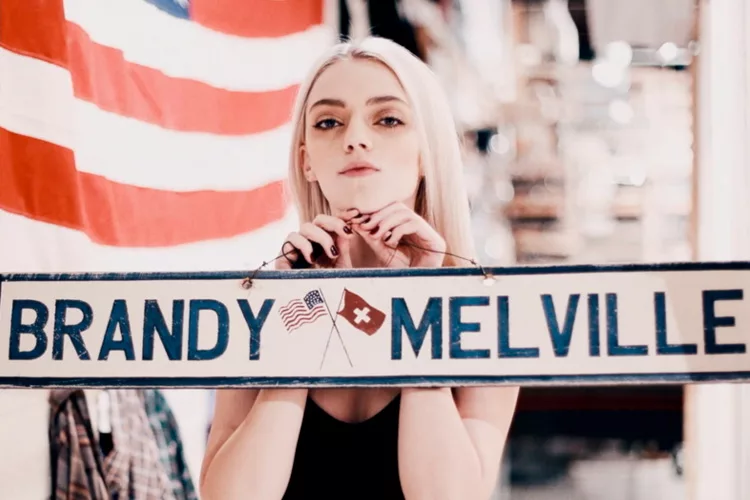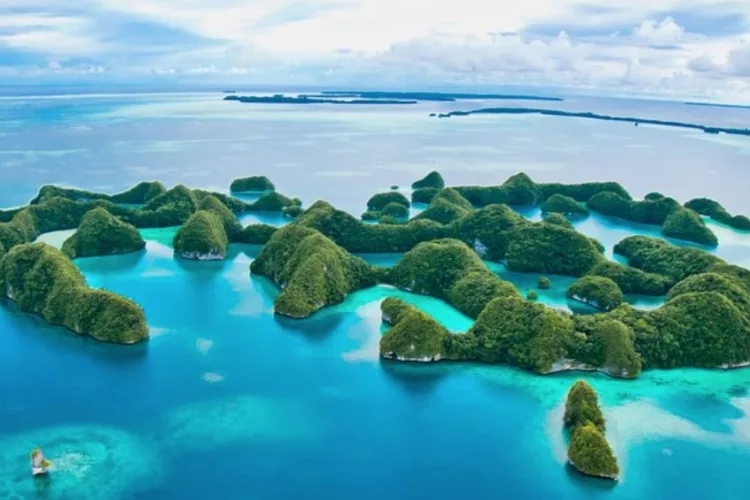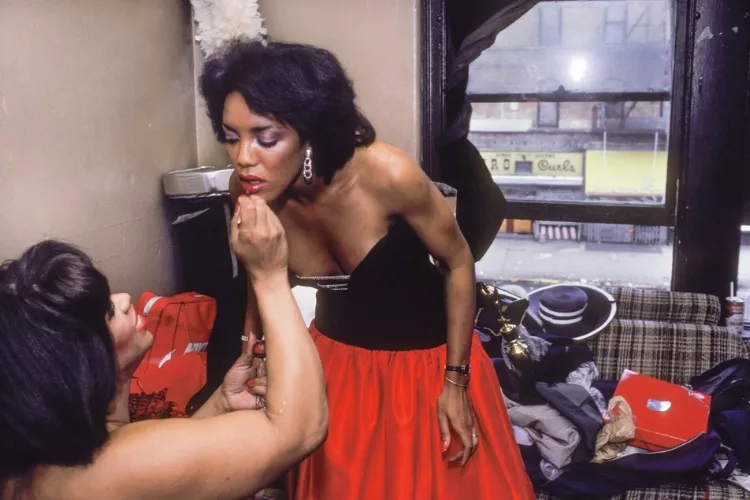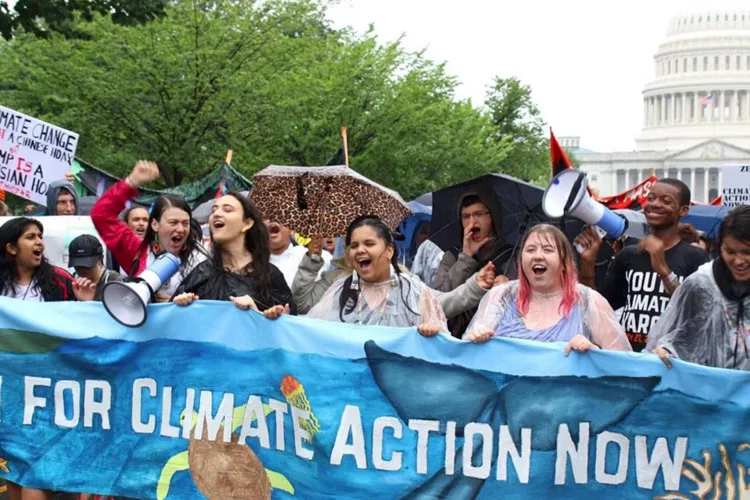What has happened to Hoang Thi Minh Hong is part of a broader pattern of repression against climate defenders in Vietnam.

How does one go from being the first Vietnamese woman to set foot on the South Pole in 1997, to the Young Special Envoy of UNESCO receiving the Prime Minister’s Certificate of Merit, to languishing in jail on trumped-up tax evasion charges?
Hoang Thi Minh Hong, a prominent Vietnamese climate activist, was arrested on said charge on June 7, 2023. Her husband and colleagues at CHANGE, a climate-focused NGO founded by Hong, were also detained. Though Vietnamese authorities insisted that the charge was right under the law, international critics suspect there were political motives involved.
As one of Vietnam’s most globally recognized environmental activists, Hoang Thi Minh Hong brought the Earth Hour initiative from Australia to Vietnam in 2008. Listed in 2015 as a “climate hero” by climateheroes.org, she was subsequently named by Forbes magazine in 2019 as one of Vietnam’s 50 most influential women. During 2018-2019, she became the first Vietnamese woman to win an Obama Foundation scholarship at Columbia University. The number of accolades places Hoang Thi Minh Hong’s stature above and beyond many better-known environmental activists. Making her arrest both troubling and consequential.

Hong’s journey to activism was unconventional. After college, she began working for a U.K. publication. But at 23, a trip to Antarctica upended her trajectory. The overwhelming beauty of the region along with the knowledge of how it was at risk because of the climate crisis made her rethink her life. Hong left her job immediately to pursue her newfound passion for environmental work.
In the beginning it wasn’t easy. Unable to afford housing, she had to stay at a friend’s place in Ho Chi Minh City for 6 months. Finally, in 2000, Hong had a new opportunity via a job at a PR agency. She had been primarily working on social and environmental projects and was chosen to go to South Africa to study indigenous wildlife. Enmeshed with other young and passionate ecological activists, she found a home working with the World Wildlife Fund.

Another trip to Antarctica in 2009 was also life-altering. The massive loss of ice caps in the ensuing 12 years spurred Hong beyond advocacy. In 2013 she founded CHANGE, a Vietnam-based NGO that tackles the most urgent environmental issues in the country: climate change, wildlife trade, and pollution. The NGO has successfully implemented over 200 environmental projects across Vietnam. CHANGE focuses on raising awareness through education and creative communications.

Accomplishments of CHANGEvn
Some of the most notable projects were those fighting against the human exploitation of wildlife products. Vietnam is one of the world’s largest markets and transit points for wildlife products, especially rhino horns, pangolin scales, and ivory. It is one of the top countries in Asia for bushmeat consumption. CHANGE tackled this issue by creating a campaign of suffering animals bowing before a Buddha statue. The “Be Their Bodhisattva” campaign caught people’s attention as it brought out the Vietnamese’s high regard for Buddha and the Bodhisattva’s way of living, juxtaposing it against the cruelty of wildlife traders. The three animals highlighted were the most widely trafficked: a rhino with a cut-off horn, a pangolin with peeled scales, and an elephant with broken tusks. The campaign’s impact on the community brought CHANGE multiple accolades helping to increase the organization’s popularity.
CHANGE also worked aggressively on tackling Vietnamese pollution and climate mitigation. Vietnam ranks in the top four countries with the highest death rate due to pollution in the Western Pacific with more than 71,300 pollution related deaths.
And according to the IPCC 2018 report, Vietnam is among the top nine countries most vulnerable to climate change. The Southeast Asian country, though geographically small, also made the list of the top 21 countries that emit the most CO2. CHANGE, therefore, set up a training series for young environmentalists alongside a persistent call for divestment in fossil fuels. With the support of CHANGE’s networks and international press in recent years, more international banks and development banks have decided to invest in renewable energy projects in Vietnam.
Despite CHANGE’s work to serve the local community, it is now defunct.
On June 7, 2023, Hong, her husband, and colleagues at CHANGE were arrested for tax evasion. This makes Hong the fifth case in the four arrests of Vietnamese activists – all framed under the tax evasion crime.
They are called “the Vietnamese Four”: Dang Dinh Bach, Nguy Thi Khanh, Mai Phan Loi, and Bach Hung Duong. All were arrested within 2 years. Thus, Hong’s arrest stirred up even more concerns from other countries and human rights organizations. Critics accuse Vietnamese authorities of weaponizing tax evasion laws to punish activists, which is suspected to be part of a broader trend toward curbing free speech.
Phil Robertson, the deputy Asia Director at New York-based Human Rights Watch, weighed in on the issue: “Vietnam’s selective use of its vague and flawed tax law to target environmentalists and climate change activists with politically motivated prosecutions is a new, extremely troubling development.” Phil also warns that Vietnamese authorities will reap consequences if they continue to suppress activism and free speech, saying Hong’s arrest “should prompt serious concerns among the U.S., E.U., and other governments lining up to provide resources to Vietnam’s climate change programs.”
How we can help Hoang Thi Minh Hong
Bill McKibben had this to say about Hong:
“We need to help her. So far the UN human rights office has issued a powerful denunciation, and the State Department a shorter and more muted version. But the U.S. can do much more. John Kerry, our global climate envoy, last December negotiated an important $15.5 billion climate transition deal with Vietnam, even after the country had jailed another activist. At that moment, the head of the Goldman Prize Foundation said, “It’s really time for the U.S. to take the gloves off and make it very clear to Vietnam that this won’t be tolerated.” But apparently the U.S. never made that clear, and now Hong sits in a Vietnamese jail and her family waits for her release. It’s time for Obama to do some tweeting, and it’s time for Kerry to get on the phone, and if necessary on the plane; please write to the State Department with that message (look down to the bottom of this form for an easy way to do so). That Vietnam was willing to make this kind of climate deal resulted directly from decades of advocacy by brave people like Hong. Abandoning them is wrong in every way.”






